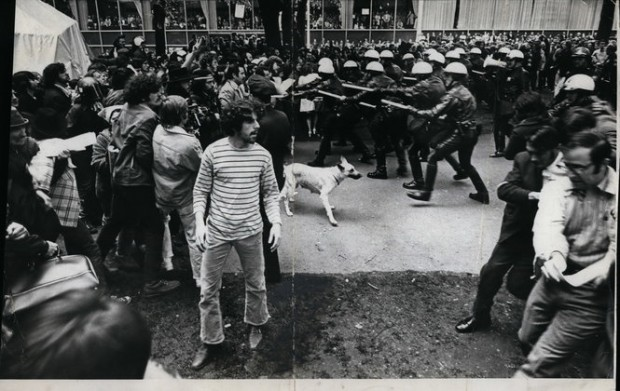South Korea’s President-elect, Yoon Suk-yeol will assume office on May 10. In his first meeting since becoming president-elect, Yoon told The Washington Post that South Korea must step up its foreign policy commensurate with its cultural and economic status as well as becoming a stronger ally to the United States.
“We should not only focus on relations with North Korea, but rather expand the breadth of diplomacy in the E.U. and throughout Asia with the South Korea-U.S. relationship as our foundation,” Yoon stated. “We should take on a greater role in fulfilling our responsibility as one of the top 10 economies in the world.”
Yoon has stated plans for abandoning the defensive stance towards North Korea and China, instead aiming to tighten and strengthen the relationship with other allies. Yoon intends to make South Korea a critical player in terms of addressing global challenges, including an array of issues ranging from supply chain management to climate change to vaccine production.
Overall, Yoon hopes to deviate away from a singular focus of forming all of the country’s policies around relations with North Korea.
Yoon is about to take the helm of the world’s 10th largest economy without any previous policy or governing experience—and the narrowest margin for a presidential election victory in the nation’s democratic history. The immediate challenges he will face include rallying together the opposition-controlled parliament and relieving a nation divided by worries regarding income inequality and housing price inflation.
Yoon’s plans of rebuilding an alliance with the U.S. contrast the goals of the outgoing president, Moon Jae-in, whose foreign policy ambitions included brokering peace with North Korea. According to U.S. analysts, Yoon’s ambitions have been welcomed by the U.S. government which looks to South Korea for a reliable ally to bolster democratic unity in the region.
However, it seems Yoon’s efforts will not go unchallenged. On April 25, North Korean leader Kim Jong-un said in a speech during a military parade that his nuclear force holds the responsibility of not only preventing war through deterrence but also of carrying out strikes against anyone who violates their “fundamental interests.”
The Hwasong-17 intercontinental ballistic missiles were driven through the night parade, marking the 90th anniversary of the founding of the Korean People’s Army in Pyongyang, North Korea.
Cha Du-hyeogn, a senior fellow at the Asan Institute for Policy Studies in Seoul, South Korea said, “His speech sent a message that North Korea might possibly use nukes preemptively depending on the situation, and more freely pose nuclear threats if necessary going forward.”
Yoon then sent a written statement to Reuters in response to Kim’s speech, in which he stated that the North’s nuclear policy was “delusional.”
“It’s failing to realize that there is nothing it can get with nukes,” Yoon stated.
“It’s become clear now that North Korea’s claim thus far that its nuclear development was for defense purposes was a lie,” said a spokesperson for Yoon.
Though the U.S. military did not immediately provide commentary on the wording of Kim’s speech, it did say North Korea’s nuclear and missile programs “constitute a serious threat to international peace and security.”
According to analysts, Kim’s speech was a build-up from previous statements and policies. They also said his speech seemed to mirror language used in the latest U.S. Nuclear Posture Review, wherein the U.S. claimed it would use nuclear weapons to defend the “vital interests” of itself or its allies.
Melissa Hanham, a researcher at Stanford University’s Center for International Security and Cooperation in California called the speech a “threat that leaves something to chance.”
“The idea is to get your adversary to back off and be afraid of doing the unknown action that would trigger nuclear war, but it’s also a form of brinksmanship that can escalate to nuclear war due to accident or misunderstanding,” Hanham said.
Yoon’s team has since said that deterrence is a priority, underscored by the arms race between both North and South Korea to develop increasingly powerful weapons and missiles.





